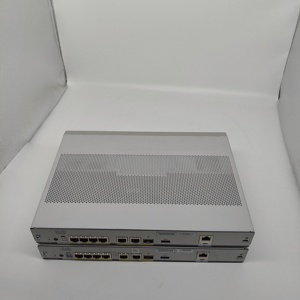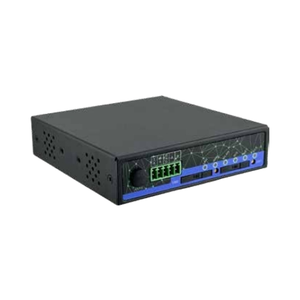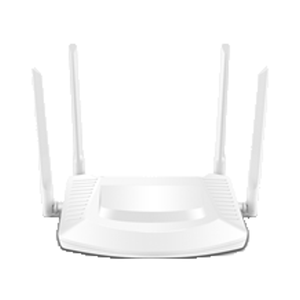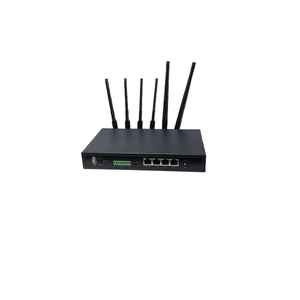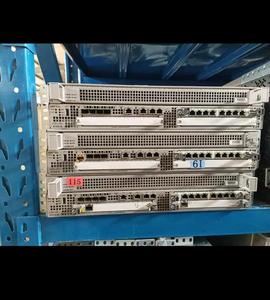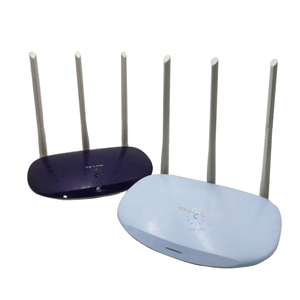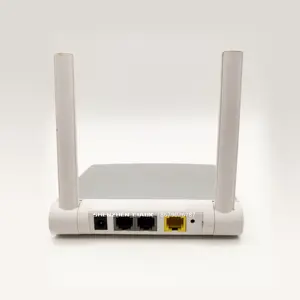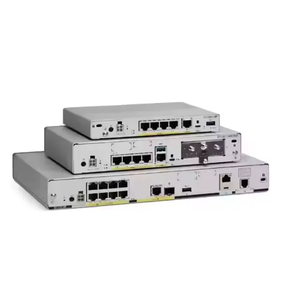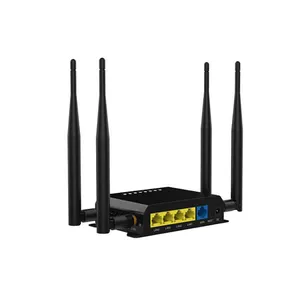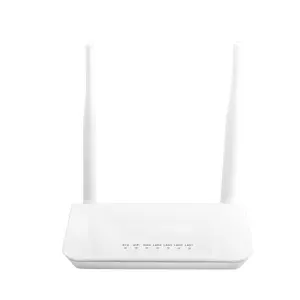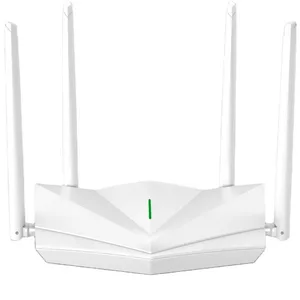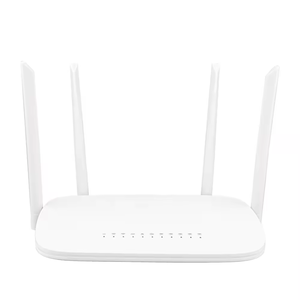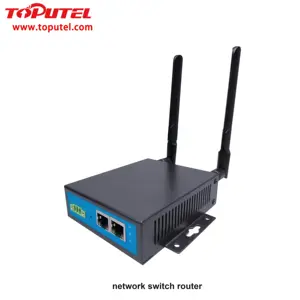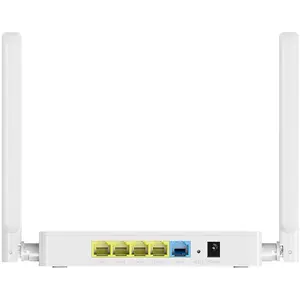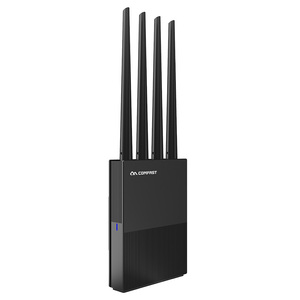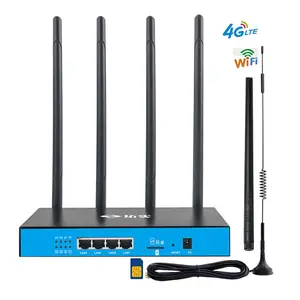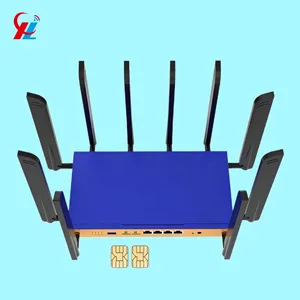Cisco Router Producer
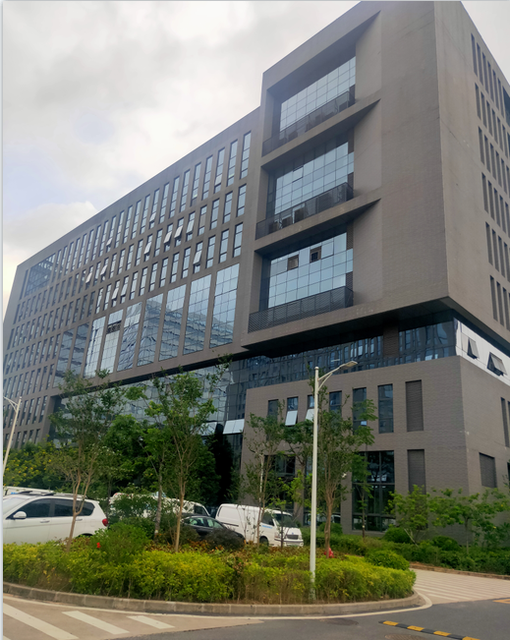











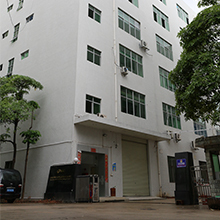











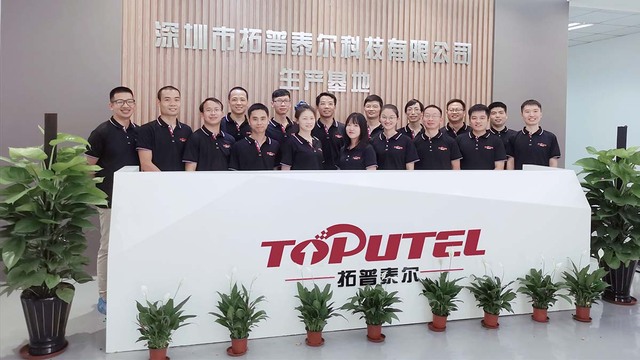



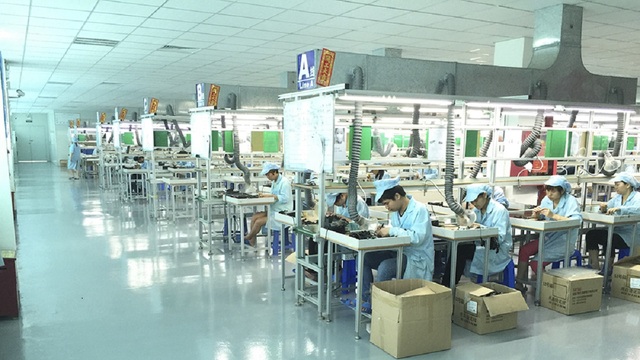



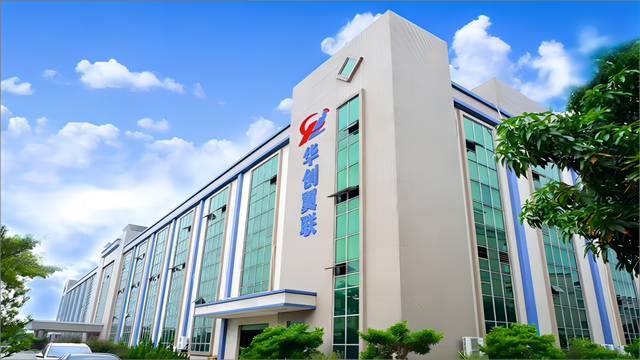
About cisco router producer
Where to Find Cisco Router Producers?
China remains a central hub for networking hardware manufacturing, with key production clusters in Shenzhen and Beijing driving innovation and cost efficiency in enterprise-grade router assembly. Shenzhen's electronics ecosystem supports over 70% of China’s network equipment suppliers, leveraging proximity to semiconductor suppliers and automated SMT lines that reduce component lead times by up to 40%. Beijing-based manufacturers specialize in industrial and 5G-integrated routing solutions, benefiting from strong R&D partnerships with local tech institutions.
These regions offer vertically integrated supply chains—from PCB fabrication to firmware programming—enabling rapid prototyping and scalable production. Suppliers typically operate facilities exceeding 2,000m² with in-house testing labs for signal integrity, thermal performance, and EMI compliance. Buyers benefit from short production cycles (average 15–25 days for standard orders), 20–30% lower unit costs compared to OEMs in North America or Europe, and flexibility in both volume procurement and technical customization.
How to Choose Cisco Router Producers?
Procurement decisions should be guided by objective evaluation criteria focused on technical capability, quality assurance, and transactional reliability:
Production & Technical Capacity
Prioritize manufacturers with dedicated surface-mount technology (SMT) lines and in-house firmware development teams. Confirm access to RF testing chambers and environmental stress screening (ESS) equipment for validating long-term operational stability. Suppliers advertising "own production line" should demonstrate control over PCB assembly, burn-in testing, and final packaging.
Quality Management Systems
While formal ISO 9001 certification is not universally listed, assess quality through verifiable metrics:
- On-time delivery rate ≥95%
- Response time ≤2 hours for technical inquiries
- Reorder rate above 25% indicating customer retention
- Documented testing procedures for power cycling, throughput under load, and port durability
Cross-reference supplier claims with independent transaction data where available.
Customization & Compliance
Evaluate capacity for hardware modifications such as dual SIM support, external antenna integration, GPS modules, or specialized casing materials. Verify compatibility with enterprise firmware standards (e.g., VLAN tagging, QoS policies). For export markets, ensure products meet regional electromagnetic compatibility (EMC) requirements and RoHS directives, even if explicit CE or FCC marks are not declared.
Transaction Safeguards
Utilize secure payment methods with milestone-based releases tied to shipment milestones. Request sample units before bulk ordering to validate build quality, labeling accuracy, and functional performance. Confirm whether devices are new, refurbished, or hybrid assemblies—particularly relevant for Cisco-branded models sourced secondarily.
What Are the Top Cisco Router Producers?
| Company Name | Location | Main Products | Online Revenue | On-Time Delivery | Avg. Response | Reorder Rate | Customization Options |
|---|---|---|---|---|---|---|---|
| Shenzhen Zhibotong Electronics Co., Ltd. | Shenzhen, CN | 5G routers, ISP-grade SFP routers, portable WiFi devices | US $2,400,000+ | 98% | ≤1h | <15% | Antenna type, SIM configuration, firmware settings, casing material, labeling |
| Beijing Xiaoma Technology Co., Ltd. | Beijing, CN | Industrial 5G routers, CPEs, high-speed LTE gateways | US $8,000+ | 94% | ≤1h | <15% | Color, size, logo, packaging, graphic design |
| Hunan Maiqiang Network Technology Company Limited | Hunan, CN | Enterprise Mikrotik-compatible routers, ONUs, WiFi5 modems | US $120,000+ | 100% | ≤4h | 28% | Material, color, label, logo, packaging |
| Shenzhen Bitinnov Technology Co., Ltd. | Shenzhen, CN | Used Cisco SR series, Catalyst switches, QSFP transceivers | US $210,000+ | 74% | ≤3h | 46% | Limited (resale-focused) |
| Shenzhen Cool Life Technology Co., Ltd. | Shenzhen, CN | Used Cisco ASR/ISR series, legacy enterprise routers | US $6,000+ | 71% | ≤2h | <15% | None reported |
Performance Analysis
Shenzhen Zhibotong leads in scale and responsiveness, combining high on-time delivery (98%) with extensive customization capabilities across firmware, hardware modules, and physical design—making it suitable for OEM integrators. Hunan Maiqiang stands out with a 100% on-time delivery record and relatively strong reorder rate (28%), suggesting reliable execution despite limited automation visibility. Beijing Xiaoma offers niche expertise in industrial 5G routing but lacks transaction volume transparency. Reseller-focused firms like Shenzhen Bitinnov and Cool Life specialize in used Cisco hardware, presenting opportunities for budget-conscious buyers but requiring careful verification of device condition and authenticity.
FAQs
Do these producers manufacture genuine Cisco routers?
No. The term “Cisco” in product listings typically refers to compatibility or resale of original equipment. These suppliers do not produce authentic Cisco-branded routers under license. Most offer either compatible alternatives, refurbished units, or networking accessories designed for use in Cisco-centric environments.
What is the typical MOQ for custom router production?
Minimum order quantities vary: fully customized industrial models often require 100–500 units, while off-the-shelf configurations may allow single-unit purchases. Some suppliers offer drop-shipping services with no MOQ for pre-built variants.
Can I request firmware modifications?
Yes, select manufacturers—particularly those advertising "own production line"—support custom firmware builds including DynDNS integration, APN locking, VLAN presets, and UI localization. Confirm SDK access and update mechanisms prior to engagement.
How long does sampling take?
Standard samples ship within 5–7 days. Customized units with unique casings, antennas, or SIM configurations require 10–18 days depending on complexity. Air freight adds 3–7 days internationally.
Are there risks sourcing Cisco-compatible routers from third-party producers?
Potential risks include inconsistent quality control, lack of official warranty, non-compliance with enterprise security standards, and firmware vulnerabilities. Mitigate risk by requesting test reports, conducting factory audits via video, and performing independent lab validation before deployment.




